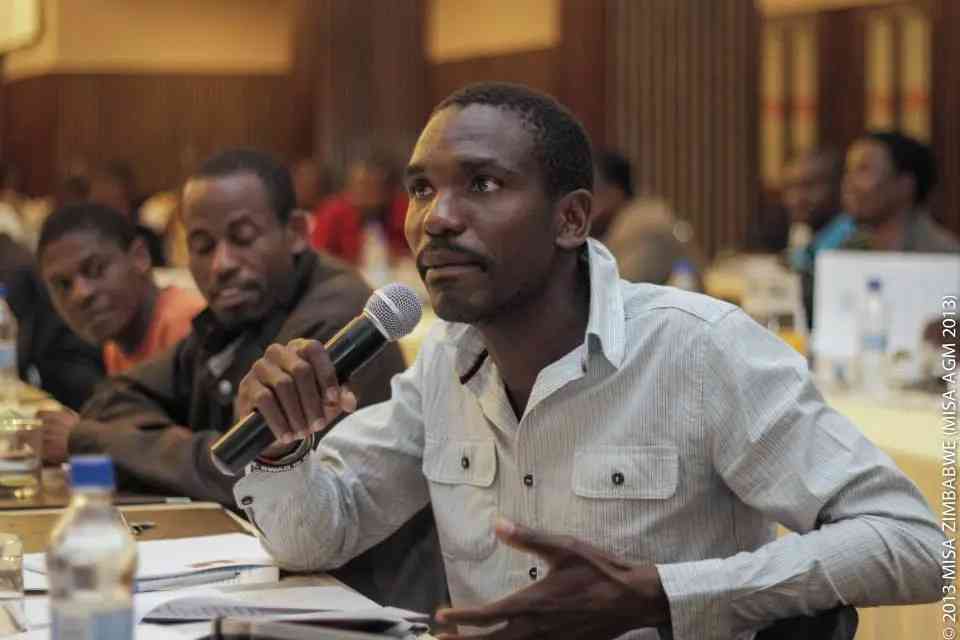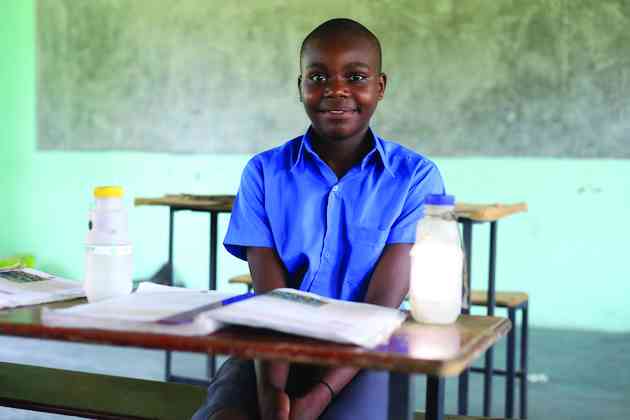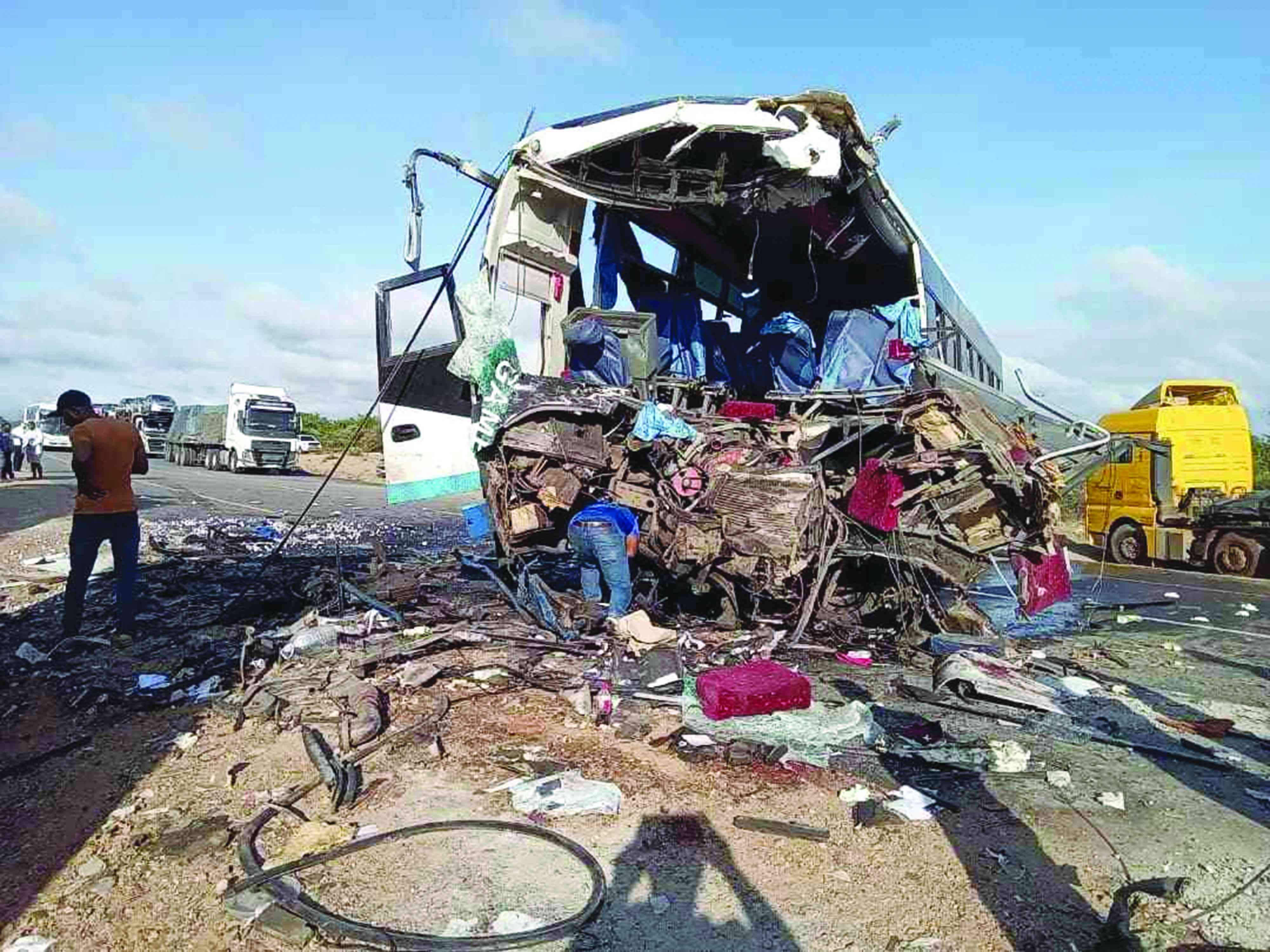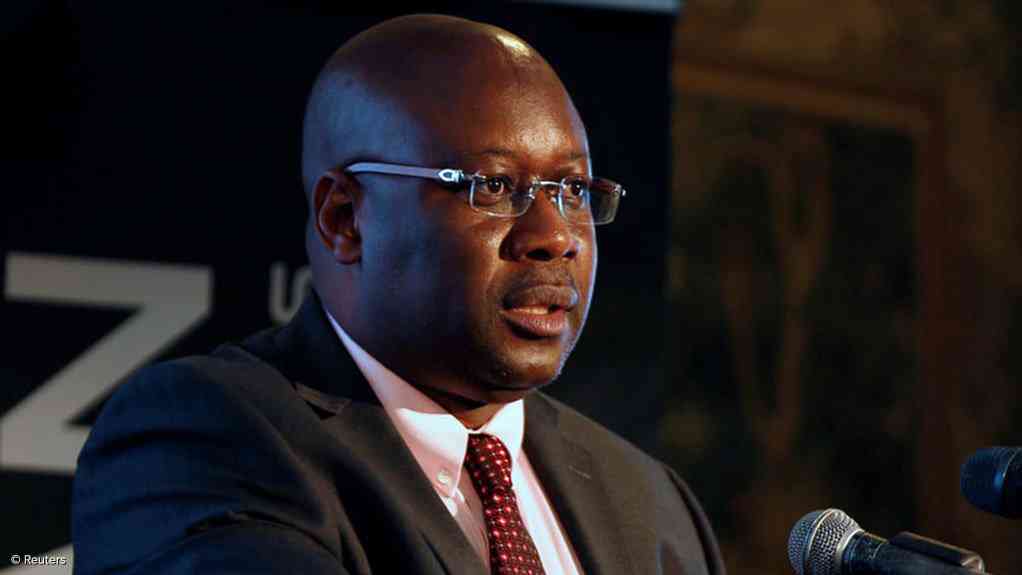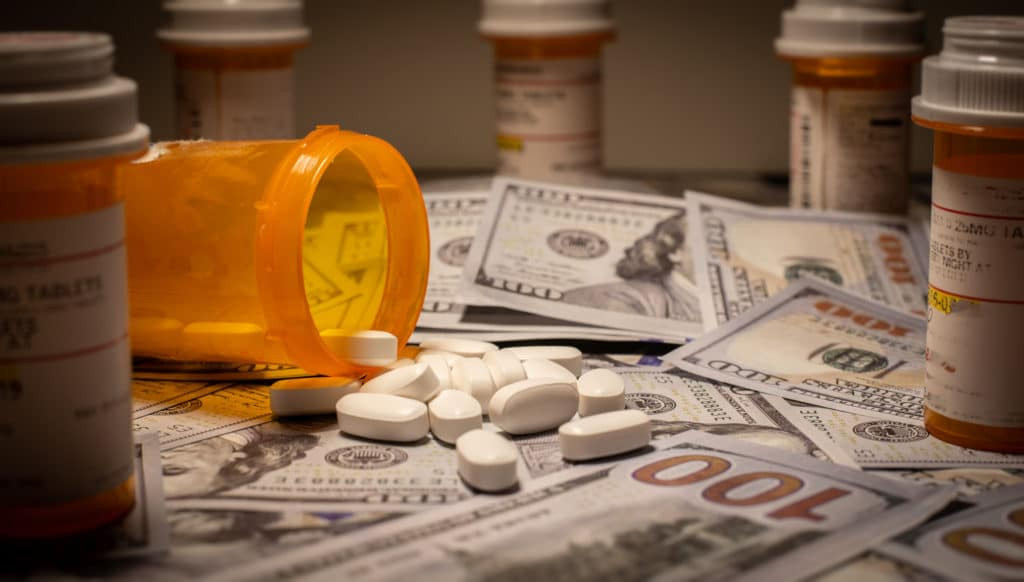
In October 2022, Shaik Zeenat Khatoon Rafiq was arrested at Victoria Falls International Airport (VFIA) carrying nine kilogrammes of heroin.
The Indian national, who was entering Zimbabwe on a tourist visa, claimed she had been given the parcel by an unknown woman she had been introduced to by an online agent.
The drugs originated from South America.
Shaik is just one of more than 10 foreigners caught with drugs worth over US$20 million at Zimbabwe’s airports in the past year.
Three people traveling from Zimbabwe were arrested on separate occasions last year for drug possession on arrival in India.
The source of drugs has not been publicised, although an African of unnamed nationality was implicated as the owner of the drugs in one case.
In April 2021, Guilherme Sodre Da Salvia from Sao Paulo in Brazil was caught with 4,3kg of cocaine at Robert Gabriel International Airport (RGIA), only a weak after another Brazilian, Caroline Silva Mafro of Santa Catarina in the South American country, had been busted with 230 grammes of cocaine.
Experts say the trend has serious implications on Zimbabwe’s image.
- Harare businesswoman turns heat on police CCU over 'bias'
- Letter to my people: Criminals are hiding in plain sight
- Crime tech: Technology can eradicate corruption
- UZ situation, a mere tip of the iceberg
Keep Reading
Africa Organised Crime Index, in its 2021 report said: “Zimbabwe is emerging as a significant inland transit country for heroin, trafficked from Tanzania and Mozambique to West and Southern African markets. The means of heroin entering Zimbabwe range from the drug being smuggled by returning Zimbabwean migrant workers to criminal networks using cargo shipments and drug mules to import the drug”.
In addition, the International Criminal Police Organisation, commonly known as Interpol, noted the same concern on its website: “Drug syndicates use Zimbabwe as a transit country, especially for cocaine and cannabis bound for the rest of the world”.
Interpol, is an international organisation that facilitates worldwide police cooperation and crime control.
It is the world's largest international police organisation.
In response to questions, Zimbabwe Republic Police (ZRP) confirmed that it has recorded several cases of drug smuggling.
“In one of the cases, on March 27, 2023 police acted on received information and arrested Davison Gomo, 27, at Robert Gabriel Mugabe International Airport in connection with drug trafficking involving cocaine and crystal meth,” ZRP spokesperson Assistant Commissioner Paul Nyathi said.
Gomo had 21kgs of crystal meth and 1,2kgs of cocaine concealed in metal pulleys.
The drugs had come from South Africa and were destined for Manila.
Insight Crime, in an investigation published in January 2023 identified several top drug reception ports, including Durban in South Africa, Pemba and Nacala in Mozambique, Dar es Salaam and Zanzibar in Tanzania, Mombasa in Kenya, and Walvis Bay in Namibia to which Latin American drugs are delivered.
The investigation highlighted 14 countries in East and Southern Africa, including Zimbabwe, as all being increasingly developing into international drug highways from Latin America to Europe and Asia.
It said Oliver Tambo International Airport in South Africa and Bole in Ethiopia were the key airports being used as international drug transit hubs.
The trend where Zimbabwe is used as a transit route for drugs has put the country under the spotlight.
Travellers from the country will likely be received with suspicion in foreign countries, experts say.
Some of the drugs may end up being consumed in the country, according to the experts. Most of the named countries, including Zimbabwe, are not equipped to deal with the problem.
“In terms of security we have equipment designed for aviation though in the process we can detect some prohibited items. For drugs what we only have as airport are sniffer dogs. This is not enough to curb the supply of drugs because this equipment was installed for aviation and to protect travellers,” Airports Company of Zimbabwe (ACZ) acting principal aviation security officer Christopher Chidodo said in May 2022.
He was addressing the inter-ministerial taskforce on drug and substance abuse.
Speaking at the same occasion a security officer said that security at airports would be upgraded swiftly.
“We will hit the ground running… so that the security issue is improved. It is my belief that this issue of drugs is solved,” Commanding Officer 1.2 Infantry Battalion in Hwange, Lieutenant Colonel Fortune Melusi said.
In June 2022, ACZ chief executive officer, Tawanda Gusha, while commenting on security at the country’s airports, said there had been improvements, but there were still loopholes.
“What we have done is that at RGMIA, Zimra (Zimbabwe Revenue Authority) has put up a scanner on the departure route, which was never there so that they look at (suspicious) items. In addition, we have our own aviation security screening. We are also talking to authorities to say, let’s have even scanners installed on the main entrance,” he said.
Added has resulted in major arrests at the airports. In October 2022, an Indian national Ronald FlorentiusPaes was intercepted with 7,3kg of heroin in his luggage at the RGMIA, heading for India.
A Nigerian pastor Desmond OnyiiOuoha was arrested in October 2022, with 2,3kg of cocaine at VFIA after traveling from Brazil via Addis Ababa.
Seventy-one-year-old Hans Arne Ingemaar Peterson was also intercepted with 3kg of heroin at RGMIA enroute to Thailand from South America this April.
While the arrests give confidence ports has improved that drugs are still flowing into Zimbabwe.
“As aviation, we are not trained to detect drugs, we implore the taskforce to spearhead training so that we are trained,” Gusha noted.
He said VFIA was increasingly getting vulnerable to drug trafficking.
Gusha said current systems allowed compromised officials to weave through contraband at airports.
This was demonstrated in the case of Henrietta Rushwaya, who has a pending court case after she was caught with six kilogrammes of gold in a handbag at RGMIA in October 2020.
Speaking on conditions that they are not named, National Handling Services (NHS) officials said some passengers try to disguise drugs as their personal medication pills, which they may take in as hand luggage.
NHS handles luggage at Zimbabwe’s airports.
“It is not easy for one to get through except if they have links with the people manning scanners,” one NHS official said.
In July 2022, Civil Aviation security officer Gilbert Chimoto told the Parliamentary Portfolio Committee on Defence and Home Affairs that human beings were a weak link in airport security systems.
“We also need a central command structure for all security agencies at the airport. There is also insider threat as people now have the know-how to circumvent the system,” Chimoto said.
ZRP Commissioner-General Godwin Matanga, while speaking on the drug scourge in the country in April this year said police must be better-resourced to effectively fight the scourge.
“These include high-powered motor vehicles for high-speed chases and low-cost vehicles for patrols and surveillance, state-of-the-art technologies at ports of entry and exit, as well as funding for more localised and international training to catch up with new skills requirements in this field,” he said.
Lawyer Freddy Masarirevu said although Zimbabwe is mainly used as a transit country for drugs, it has a growing consumer market.
Police in February 2023 launched an operation codenamed “No to dangerous drugs and illicit substances: See something, say something”, which had netted a cumulative 6 921 suspects as of May 22, 2023.
Last year, Ingutsheni Psychiatric Hospital chief medical officer, NemacheMawere said Bulawayo had a high number of mental health patients owing to drug abuse and gender-based violence.
“Ninety percent of its patients in the acute wards are admitted for alcohol and substance abuse with over 2 000 more with the same problem being attended to in the outpatients,” he said.
Crystal Meth is finding its way into all corners of the country and the police have indicated that the largest number of those arrested in drug related crimes were in possession of and or distributing this imported drug.
Investigations by this publication have indicated that Crystal Meths is mostly imported via neighbouring countries with South Africa and Zambia red flagged as the biggest sources.
Five local drug dealers who spoke to this reporter off camera confirmed that their supply chain is by road from neighbouring countries like South Africa, Tanzania, Zambia and Mozambique.
Masarirevu said Zimbabwean laws to deal with drug smugglers appear to be very effective and efficient but the spike in the number of drug-related cases raises concerns over their practical application.
Part VII of the Criminal Law Codification and Reform Act Chapter 9:23 deals with dangerous drugs. Section 155 defines dangerous and section 156 & 157 create offences of dealing and possessing drugs respectively. International drug smuggling is also covered by this act. Section 156 provides as follows: A person who unlawfully—(a)imports, exports, sells, offers or advertises for sale, distributes, delivers, transports or otherwise deals in a dangerous drug; or Clearly this provision speaks to smuggling of drugs for business purposes. The term unlawfully means that importation is only limited to authorised persons or entities.
The stiff penalty imposed for dealing in dangerous drugs is a serious commitment by the government of Zimbabwe to deal with drug smuggling, at least on paper.
The act also criminalises possession of dangerous drugs, something which must deter people from acquiring these dangerous drugs from illegal dealers.
Section 156 provides for a mandatory sentence of not less than 15 years for a person convicted for dealing in dangerous drugs in aggravating circumstances.
Section 11 of the Dangerous Drugs Act also criminalises importation of dangerous drugs, except for authorises institutions. One cannot be faulted for concluding that the legal framework is indeed available to deal with international drug smuggling, given the stiffer penalties imposed by law.
“However, just like many other Acts of Parliament, the reality is that the enforcement of these pieces of legislation continues to undermine their effectiveness and efficiency. Firstly, there are no clear parameters under which the exemption to import can be granted. This leaves room for corruption. Most smugglers either have connections or related to some officials which makes the regulating frameworks mere academic pieces. Despite appearing to be efficient, these legal frameworks cease to be anything in a corrupt environment,” he said.
A Harare drug dealer also confirmed that there were big names behind the supply in the country.
“There are two big known big dealers, (named) in Mbare and (named) in Highfields. They sell to other smaller kingpins who then have their own smaller distributors until it gets to the street dealer who generally only has stuff worth about US$50 at a time or less,” he noted.

